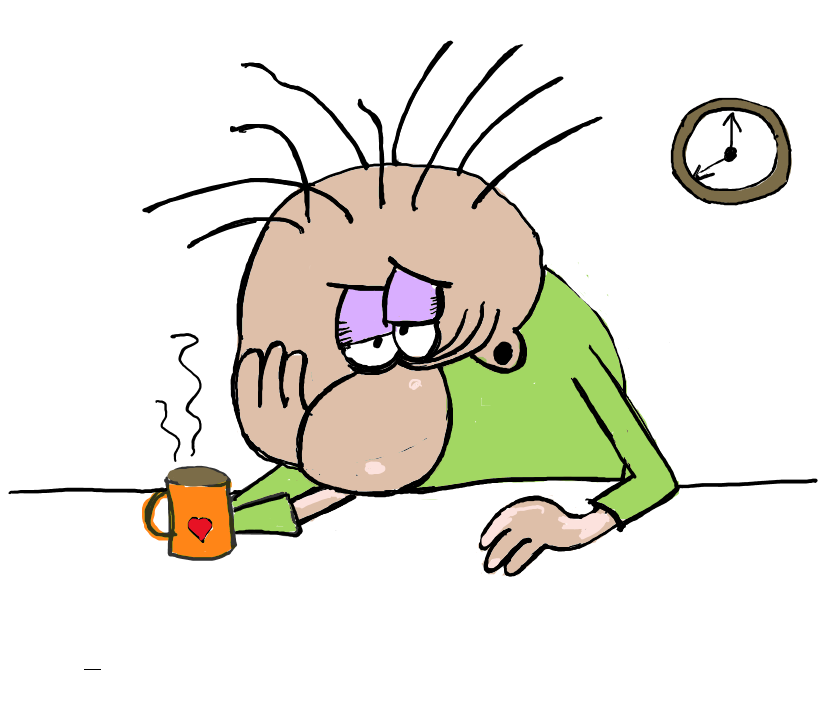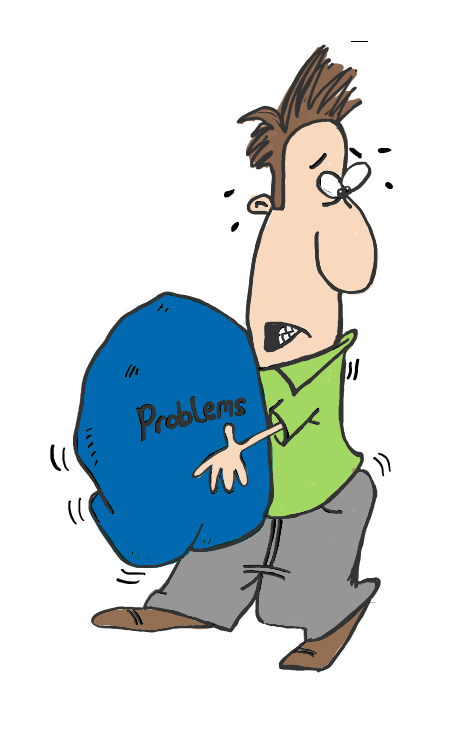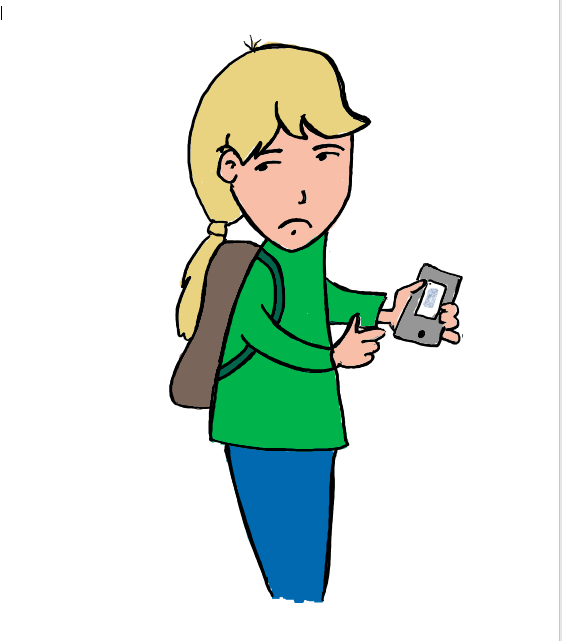Coping with Stress..!

Stress and Stressors
Stress is something that is part of normal life, in that it is experienced by everyone from time-to-time. However, some people suffer from stress which is so frequent or so severe that it can seriously impact on their quality of life.
Stress can come from a huge range of sources (stressors), such as:
Relationships with others ~ Study demands ~ Coping with illness ~ Life changes.
Some people are aware of what tends to trigger their stress, and this increases their ability to either prevent or to handle it more effectively. Thus identifying stressors is a key step. If you often experience stress, take some time to consider what tends to set it off for you.
Symptoms of Stress
Some people do not even notice that they are stressed until symptoms begin to occur, including:
- Irritability or moodiness
- Interrupted sleep
- Worrying or feeling of anxiety
- Back, neck and or chest pain
- Frequent headaches, minor to migraine
- Upset stomach
- Increased blood pressure
- Changes in appetite
- Rashes or skin breakouts
- Making existing physical problems worse
- More susceptible to cold/flu and slower recovery
These symptoms reduce quality of life, and people suffering from stress may notice that work performance or relationships suffer more as a result.


Stress Management Tips
* Identify your stressors, and see if there are some things that could be managed better. Some things will be beyond your control but perhaps you can control some aspects, such as better organisation, or to going to bed earlier so that you have more energy to cope.
* Build regular exercise into your life – as well as being part of a healthy, balanced lifestyle and giving you more energy, many people find that working out at the gym or playing sport helps them to unwind.
* Make sure that you eat and sleep well.
* Take time out for family, friends and recreational activities. Most of us know that this is important but we do not all do it. If you find it hard to make time for this, perhaps you need to take deliberate steps to have time out, such as set aside one evening a week where you meet up with friends or enjoy a hobby, or set aside one day of the weekend for relaxing at home.
* Problem-solving techniques can be a useful way of clarifying the problem, brainstorming possible solutions, and then choosing one to put into action after listing the pros and cons of each option.
* Learn calming techniques such as controlled breathing and progressive muscle relaxation, to train your mind and body to become more relaxed. These techniques require practice but can be helpful with regular use.
* Last but definitely not least, consider whether there is negative thinking which is contributing to your stress. Negative thinking can make us worry more than is necessary, increasing stress, and generally does not motivate us to take positive actions.

Unhelpful Negative Thinking Styles
When a person experiences an unhelpful emotion (such as depression or anxiety), it is usually preceded by a number of unhelpful self-statements and thoughts. People used such patterns of thinking as an automatic habit. It is something that happens out of our awareness.
However, when a person consistently and constantly ruminates in this way they can often cause themselves a great deal of emotional distress. Notice if you use any of the below regularly and if there is any pattern to your thoughts.
Mental Filter is a kind of ‘tunnel-vision’ where we focus on only one part of the situation -often to reinforce an existing beliefs-and ignore the rest. Unfortunately, we tend to spotlight the negative details, distorting a potentially balanced view of things.
Jumping to Conclusions happens when we assume that we know what others are thinking (mindreading) or predict the future (fortune telling) and treat such thoughts as facts.
Personalisation: involves blaming yourself for things that could or have gone wrong, even when in reality responsibility lies elsewhere and possibly has nothing to do with you.
Catastrophizing is about when ‘we blow things out of proportion’, losing perspective on a situation, when in reality the problem is quite small.
Black & White Thinking is seeing only one extreme view or the other. You are either right or wrong, good or bad etc. There are no shades of grey. Sometimes it is called ‘All or Nothing thinking’
Should & Musts. Sometimes by saying “I should…” or “you must….” can put unreasonable demands on yourself or others. These statements are not always unhelpful, but they can create pressures and unrealistic expectations.
Overgeneralisation often involves using phrases such as “You always…” or “Everyone….”, “I never…” By taking one experience and forming conclusions on all current and future situations.
Labelling describes when we pigeon-hole ourselves and characterise others, based on behaviour in a specific instance and subsequently make broad sweeping all-encompassing judgements, often without evidence.
Emotional Reasoning: involves colouring your view of the circumstances depending on your mood and assuming feelings for facts. For instance, ‘I’m so embarrassed; I’m an idiot’.
Magnification & Minimisation: Catastrophizing or Magnification is about when ‘we blow things out of proportion’ and lose perspective on circumstances, when in reality the problem can be quite small. Minimisation is inappropriately belittling something to make it seem less important. ”Sara didn’t message me back. No one likes me anymore…”
